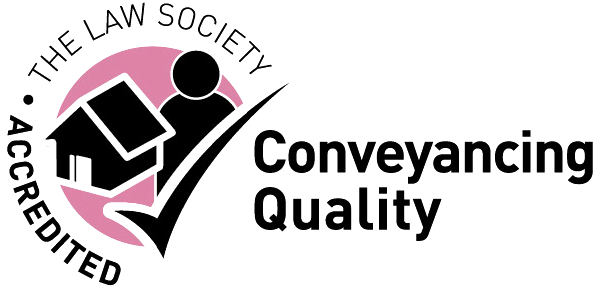When Liable Parties Don't Pay Out Compensation Claims
16th January 2014
 John was in a slip and trip accident caused by the negligence of a retailer, which left him with a broken wrist. He claimed compensation against the liable party, who did not have insurance, and won in the claim, but the owner of the retailer did not pay out any compensation. So what can he do to recover the money he deserves?
John was in a slip and trip accident caused by the negligence of a retailer, which left him with a broken wrist. He claimed compensation against the liable party, who did not have insurance, and won in the claim, but the owner of the retailer did not pay out any compensation. So what can he do to recover the money he deserves?
Once judgement has been made in favour of the claimant in a compensation claim, such as a personal injury claim, an unfair dismissal claims or in another civil breach of UK employment laws, the liable party should make immediate plans to pay the money they owe. Courts may order that the payment should be made in installments or within 28 days, and if the defendant does not adhere to this ruling, the claimant will have to consider how they can compel payment.
Clearwater Solicitors will advise you how you can recover your compensation if you find yourself in this situation. There are a number of options available to you, which you can use simultaneously if you think this is best. The options open to you may include:
– Personal Service of Order to Show Cause
Claimants use a server to serve this order and file an affidavit that proves they have done so. If debtors do not comply with this order, they could go to prison for contempt of court.
– Warrants of Execution
Claims can be transferred to the High Court and enforced by a High Court Enforcement Officer through the Court Acts 2003, Schedule 7, Section 9. Enforcement Officers or other executors of the writ can seize the debtor’s goods, money and other property, aside from those required for work or for basic domestic needs. Defendants can avoid having their goods seized by paying the money they owe.
– Third Party Debt Order
Third Party Debt Orders instruct building accounts or banks to satisfy compensation claims by taking money out of the debtor’s bank account.
– Attachment of Earnings Order
The Attachment of Earnings Acts 1971 allows courts to order that deductions are made to someone’s earnings, allowing claimants to recover the money owed in compensation claims and other civil judgement debts.
– Charging orders
Charging orders are attached to assets such as property and forbid debtors from selling these assets until they pay their debts. If payments are not made or maintained, the claimant may be able to order the sale of the assets.
– Order to Obtain Information
While this is not a method of enforcing a debt, an Order to Enforce Judgement can help claimants do so by compelling the defendant to go to court and provide the claimant with information that may help them recover their compensation.
Some people can be incredibly reluctant to pay creditors the money they owe, causing unnecessary additional stress at what can be one of the worst points in a person’s life. You will need trustworthy, sympathetic solicitors to help you out should this happen to you. Contact Clearwater Solicitors today to benefit from our high-quality legal representation.

